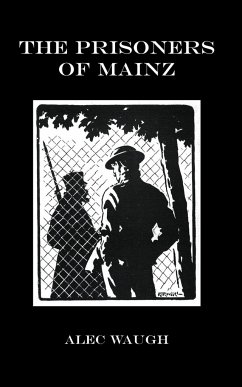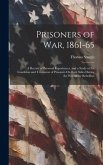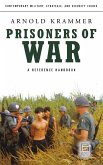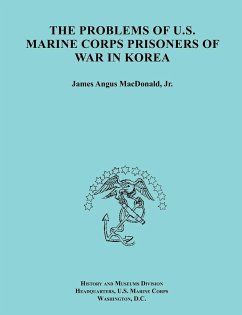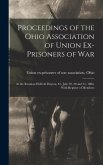The author was serving in the trenches of Passchendaele with the Dorset Regiment. Captured in the German offensives in March 1918, this book records his experiences as a POW. Waugh was first shipped to a temporary camp at Karlsruhe; and then moved to Mainz on the Rhine. This book records attempts to escape, but is also notable for its unsparing account of the privations of the prisoners, as underfed and permanently hungry, they awaited the end of the war in a Germany that was close to starvation.
Hinweis: Dieser Artikel kann nur an eine deutsche Lieferadresse ausgeliefert werden.
Hinweis: Dieser Artikel kann nur an eine deutsche Lieferadresse ausgeliefert werden.

